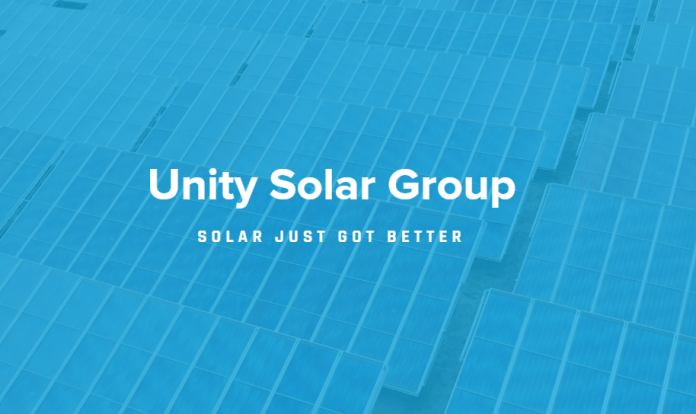If you are considering installing solar panels in your home then you will want to know the best direction to face your solar panels installation. In this article, we explore some of the different factors that will affect the direction of your roof and how it relates to the sun.
When it comes to solar panel installation, one of the most important factors to consider is the direction that your panels will face. After all, the whole point of solar panels is to absorb as much sunlight as possible in order to generate electricity. So, it stands to reason that the more direct sunlight your panels are exposed to, the more power they’ll be able to produce.
But what is the best direction for solar panels? Well, that depends on a few factors, including your location and the angle of your roof. In general, though, south-facing roofs get the most sunlight throughout the day, so they’re usually the best choice for solar panel installation. East- and west-facing roofs can also work well, but they may not generate as much power during the morning and evening hours when the sun is lower in the sky.
Of course, there are other considerations to keep in mind when choosing the best direction for your solar panel installation. For example, you’ll want to make sure that your panels won’t be shaded by trees or other objects during any part of the day. You’ll also want to consider whether your roof is strong enough to support the
Pros and Cons of Rooftop Solar Systems
There are many factors to consider when deciding whether to install a rooftop solar system. Here are some pros and cons to help you make your decision:
Pros:
- Rooftop solar systems can increase the value of your home.
- They can save you money on your energy bills.
- They can help reduce your carbon footprint.
- They can be used to power your home in the event of a power outage.
- They require little maintenance once they are installed.
Cons:
- Rooftop solar systems can be expensive to install.
- They can be difficult to install if you do not have the proper tools and equipment.
- They can be dangerous to install if you do not follow the proper safety precautions.
- They can be damaged by severe weather conditions such as hail or high winds.
What is the Going Cost for a Solar Panel Installation?
The cost of a solar panel installation can vary depending on the size and type of system you choose. The average cost of a 3kW system is around $18,000, while the average cost of a 5kW system is around $28,000. These prices include both the cost of the panels and the cost of installation.
Different Types of Solar Panels Systems
Solar panels are a great way to save money on your energy bill and help the environment. But, there are a few things you need to know before having them installed. This blog will tell you everything you need to know about solar panels, from the different types of systems to the best direction to face your solar panels.
There are three main types of solar panel systems: grid-tied, off-grid, and hybrid. Grid-tied systems are connected to the power grid, so they can use solar power when the sun is shining and supplement with grid power when it’s not. Off-grid systems are not connected to the power grid, so they must store all of the solar power they generate in batteries. Hybrid systems are a combination of both grid-tied and off-grid systems, so they can use solar power when available and supplement with batteries or grid power when needed.
The best direction to face your solar panels depends on where you live. If you live in the Northern Hemisphere, your panels should face south so they can get the most sun exposure possible. If you live in the Southern Hemisphere, your panels should face north for optimal sun exposure.
Solar panels are a great
Types of Solar Energy Installations
There are three types of solar energy installations: on-grid, off-grid, and hybrid.
On-grid systems are connected to the utility grid and allow you to sell excess electricity back to the grid. Off-grid systems are not connected to the utility grid and require batteries to store excess electricity. Hybrid systems are connected to the utility grid, but also have batteries to store excess electricity.
Which type of system is best for you depends on your specific needs and situation. On-grid systems are good for people who live in areas with good access to the utility grid. Off-grid systems are good for people who live in remote areas or who want to be completely independent from the utility grid. Hybrid systems are a good option for people who want the flexibility of being able to sell excess electricity back to the grid or who want the security of having backup power in case of a power outage.


